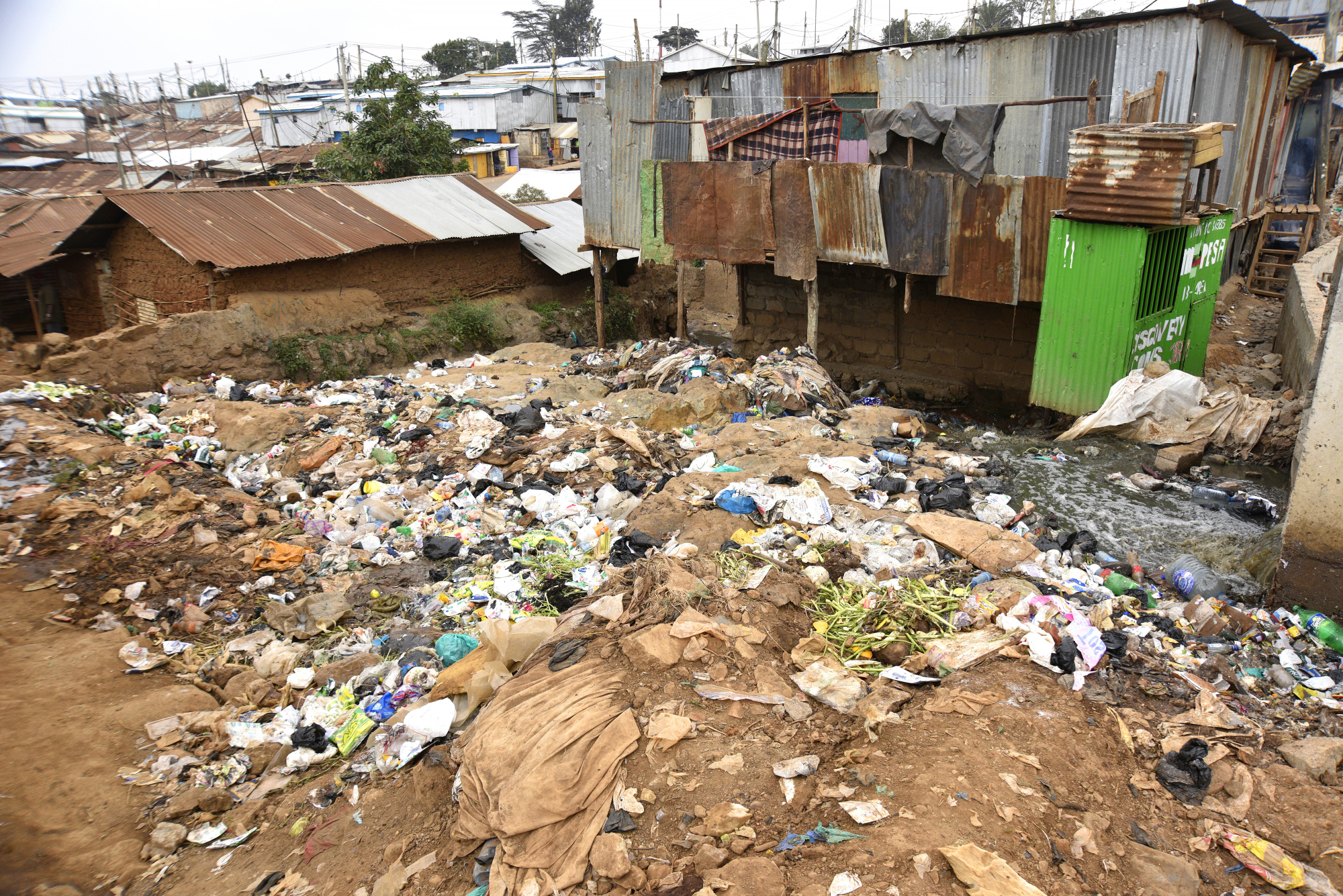In Africa, the plastic shopping bag is an endangered species. Earlier this month, tiny Benin became the latest African country to restrict the import, production and even use of such bags. It's not messing around, either. Following in the steps of Rwanda (where plastic bag importers are publicly shamed) and Kenya (where bags users can be subject to four years in jail), Benin plans to fine bag importers as much as $87,000.
That may well reduce the supply of plastic bags. But it ignores the larger problem. Plastic bags are just the most tangible symptoms of Africa's inability to collect and dispose of its surging volumes of garbage. It's a looming crisis that worsens every major environmental challenge facing the continent, including climate change, habitat destruction and a lack of clean water. Solving it will require much more than a crackdown on bags.
By weight and volume, plastic bags make up a very small percentage of the world's waste. But in Africa, their visual impact is outsized. On a recent trip to Cotonou, Benin's capital, I saw them clogging drains and sewers, stuck in fences, scattered across beaches, and littered all over the dirt roads of the city's famed Dantokpa market. Similar scenes can be found across the continent, where plastic bags have become synonymous with the small-scale commerce that's driving Africa's economic growth.

















With your current subscription plan you can comment on stories. However, before writing your first comment, please create a display name in the Profile section of your subscriber account page.